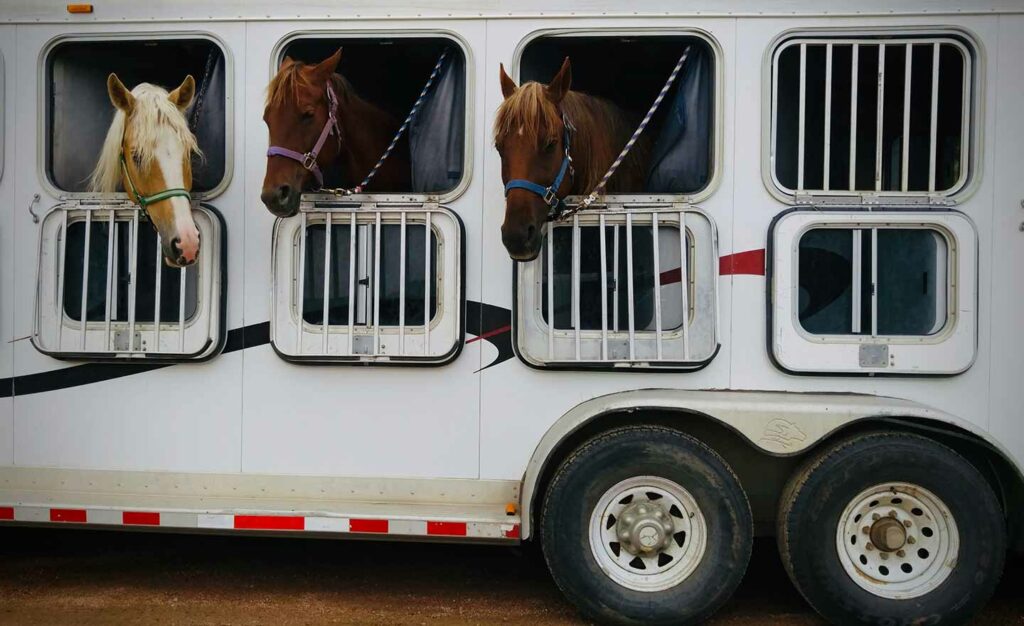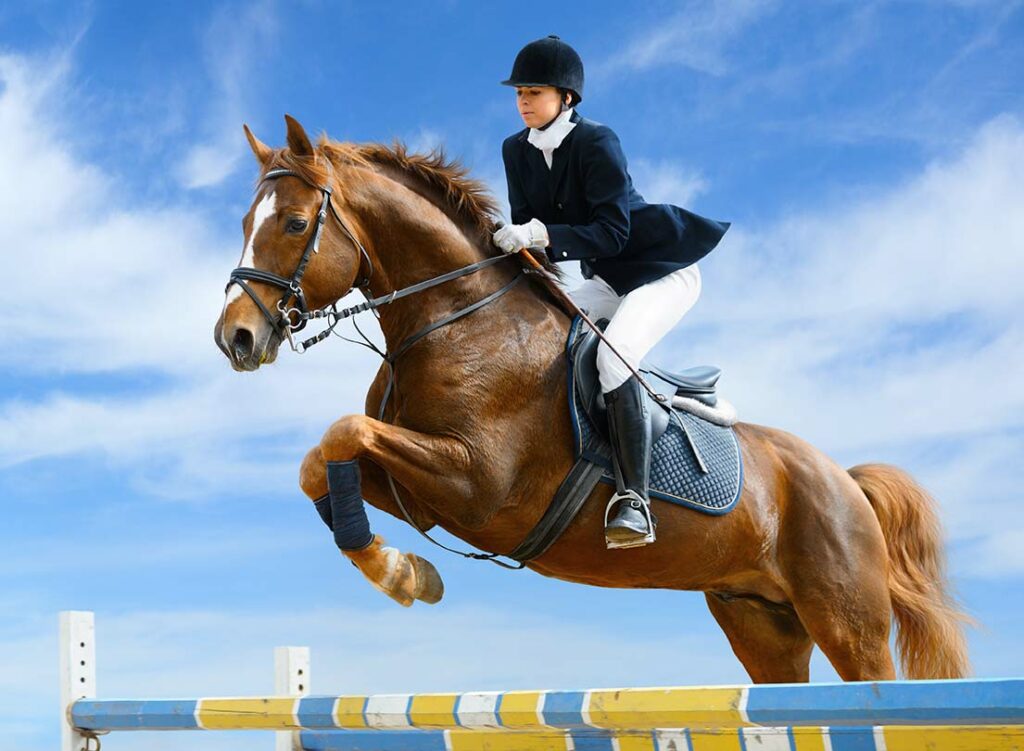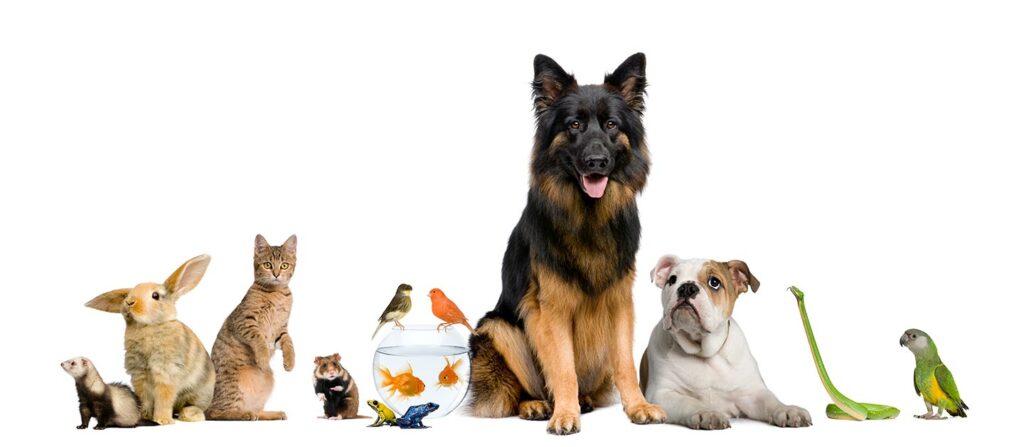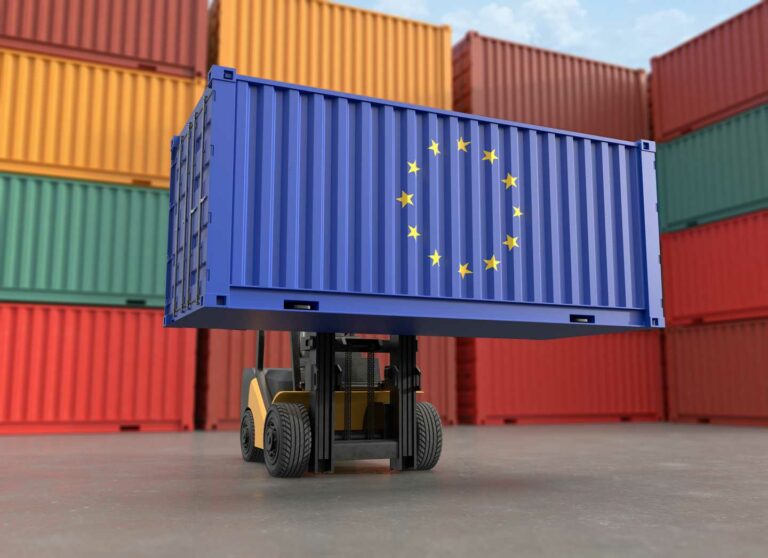Since 1 January 2021, the United Kingdom is no longer a member of the European Union. Find out about the new rules for importing or exporting live animals from or to the United Kingdom.
Since 1 January 2021, the United Kingdom is no longer a member of the European Union. As such, it is now considered a third country. Thus, the rules applicable to EU Member States are no longer enforced within its borders.
However, on 30 December 2020, the United Kingdom and the European Union signed a trade and cooperation agreement. Thus, since 1 January 2021, this agreement governs the rules applicable to trade between them.
Although an agreement has been reached, Brexit has led to numerous requirements for importing and exporting goods, particularly with the appearance of new procedures on the movements of live animals.
ASD Group, as a Registered Customs Agent (RCA), assists you to complete these processes by performing the necessary customs procedures, and will ensure you comply with the rules imposed by the British Customs services.
To plan effectively to import and/or export your live animals between the United Kingdom and the European Union, discover the new customs procedures to be followed.
Procedures on importing/exporting live animals
Since 1 January 2021, the rules on movements of live animals between the United Kingdom and European Union have changed.
Following Brexit, the customs requirements for import-export of live animals have become stricter. From now on, any live animal movement is subject to specific procedures.
Thus, to import or export between the United Kingdom and European Union, your business and the importer’s business must be registered with the appropriate (phyto)sanitary authorities.
Furthermore, the following requirements must be met:
- Pre-notification using the TRACES-NT system.
- Obtain a sanitary certificate based on the category of animals transported.
- Submit a security and safety declaration.
In addition, different entry points depending on the live animals imported. So it’s a good idea to find out in advance about the Border Control Post (BCP) to use to enter the country.
Worth noting: an appointment must be made to carry out the sanitary and phytosanitary (SPS) controls. The SPS control is carried out on a batch of goods.
What are the procedures to import/export equines?
Importing equines coming from the United Kingdom

Since 1 January 2021, to import equines (horses, ponies, etc.) from the United Kingdom, you’ll have to confirm the Border Control Post with the facilities to accommodate these types of animals.
Furthermore, to enter European Union territory, the following conditions must be met:
- For registered horses and ponies:
- Have a passport.
- Under unregistered equines:
- Have a passport.
In addition, import pre-notification must be done 7 to 10 days before departure, using the TRACES-NT platform, to obtain a type A common health entry document (CHED-A).
Furthermore, as a veterinary check is always carried out by the control authorities when importing or exporting equines, you have to make an appointment on the website of the French Direction régionale de l’agriculture, de l’alimentation et de la forêt (DRAAF – regional agriculture, food and forestry department).
The sanitary requirements imposed, particularly including by the veterinary services, at the borders vary depending on the status of the equine (whether or not registered, age), the reason behind the import movement (temporary, permanent, return after temporary export, etc.)
Since 1 January 2021, equines coming from the United Kingdom must enter France through entry points having a Border Inspection Post (BIP) for controlling horses and ponies.
Present at Calais Port, as well as at the Eurotunnel site, ASD Group helps you with customs procedures and SIVEP inspections. For your animals’ well-being, everything is prepared before your arrival so they spend as little time as possible in transit.
Worth noting: if the equines are travelling with straw or hay, the importer must have the invoice certifying that it comes from the United Kingdom.
Exporting equines to the United Kingdom
Exporting for more than 90 days
Since 1 January 2021, the British sanitary authorities have introduced sanitary and phytosanitary requirements for any equine import from the European Union into the United Kingdom.
Thus, European exporters have to comply with the following requirements:
- The animal must be identified (electronic chip).
- An animal passport approved by the European Union is required.
- Pre-notification must be given.
- A sanitary certificate signed by an official vet is required.
For unregistered equines, it will also be necessary to:
- Supply satisfactory blood test results for:
- Equine infectious anaemia (test carried out within 30 days prior to travelling).
- Undergo an isolation period in a stable of the country or a country having a similar sanitary status for 40 days before travelling, separated from other equines without equivalent sanitary status, for at least 30 days before travelling.
Worth noting: the blood tests and isolation period are not required for equines registered with a studbook (genealogical breed registry) approved by the EU.
Since 1 July 2021, equines originating from the European Union enter the United Kingdom only through Border Control Posts designated by the British authorities.
Learn about our service: Brexit: ASD Group helps you with the import and export of equines to and from the United Kingdom
Temporary admission
Specific procedures have been introduced for equines intended to remain for less than 90 days. Under rules for temporary admission, import duties and taxes may be suspended. However, sanitary fees remain applicable.
This measure applies only to equines where the import relates to:
- An equestrian competition.
- A horse fair.
- A horse race.
- Training of horses.
- Horse breeding.

During transport, equines must be accompanied by an ATA report (Admission Temporaire/Temporary Admission) and a sanitary certificate.
What are the procedures for importing/exporting domestic animals?
Domestic animals are one of the following species:
- Domestic carnivores (dogs, cats, ferrets).
- Reptiles (e.g. snakes).
- Amphibians (frogs, toads and other batrachians).
- Invertebrates (except bees and shellfish)
- Domestic rodents and rabbits.
- Ornamental fish.
- All bird species (except poultry).

Worth noting: not all Border Control Posts are qualified to inspect pets. Thus, it is essential to find out in advance about the Border Control Post (BCP) to use.
Domestic animals other than carnivores
To import or export a “domestic” animal, the owner or authorised person must fulfil the following criteria:
- The movement must not be for commercial purposes.
- Transport will be restricted to a maximum of 5 animals. Only domestic carnivores can obtain an exemption.
- All the required sanitary documents are available (sanitary certificate, evidence of vaccination, etc.) These items vary depending on the category of animal.
Domestic carnivores (dogs, cats and ferrets)
Export to the United Kingdom
Anyone entering the United Kingdom from the European Union accompanied by domestic carnivores must comply with the following rules:
- For a commercial movement:
- Have made a pre-notification request.
- For a non-commercial movement:
- The animal must be identified.
If the stated customs requirements are not fulfilled, the animal may be subject to quarantine for a maximum period of 4 months, at the owner’s expense.
In addition, importing domestic carnivores into the United Kingdom is limited to a maximum of 5 animals. However, an exemption may be given for participation in a competition, exhibition or sports event. In this case, written evidence is required certifying the animals’ registration at one of these events.
Importing from the United Kingdom
Anyone travelling from the United Kingdom to countries of the European Union accompanied by domestic carnivores must comply with the following rules:
- The animal must be identified by an electronic microchip implanted under the skin or by a legible tattoo applied before 3 July 2011.
- The animal must be vaccinated against rabies.
- The animal must have a sanitary certificate.
- Make an appointment with the control authorities before setting off.
Find out more: Brexit: do you export to or import from the United Kingdom? New requirements from 1 July 2022
Special case: the Landbridge
The Landbridge refers to road transport connecting Ireland and the European Union via Great Britain. Although this is intra-community (intra-EU) trade, the goods pass through a third country. Thus, the country’s sanitary and phytosanitary controls must be followed.
For exports to Ireland, several steps (in English) must be followed, more particularly the administrative registration procedures in TRACES-NT.
Worth noting: vehicles must transport only animals free to move in the EU. If the load includes animals from Great Britain, then the load will be subject to an import procedure and not a transit procedure.
Regarding live animals depart from Ireland and going to one of the twenty-seven European Union Member States, certain procedures must be followed, including controls at the British border.
Thus, the operator must perform all the necessary administrative procedures (carry out pre-notification, have a sanitary certificate, etc.) before the animals depart.
Expert in customs and customs clearance operations, ASD Group supports you and handles all your imports and exports.
To find out more about the requirements and customs rules related to importing/exporting goods from/to the United Kingdom read our special article or contact our experts.




